
Considering that acne affects a large number of folks in Singapore, it is no wonder why people are looking for ways to combat acne scars beyond the traditional methods. Laser resurfacing is a treatment that has been requested on and on for the past years. But does it really work and how?
As every case is different, there is a spectrum of effectiveness that has to be considered. Keep reading to find out more about laser acne scar treatment.
Laser treatment can have an amazing effect on acne scars as long as you use the right setting for your skin type. They work by causing controlled injuries to the skin layers which ultimately encourages the body to create more healthy cells. Newer models can single out just the damaged tissue, thereby shortening the downtime and producing better results. The skin appearance is rejuvenated and eventually, less scar tissue can be seen.
Laser treatments work for mild to moderate acne scars but may turn out to be less effective for deep scars. A well-trained board-certified dermatologist should warn you about this ahead of time.
The main thing to remember is that laser treatment can lessen the appearance of acne scars so they are less visible to the untrained eye. It may never be able to eradicate a scar completely. To explain the mechanism by which it acts, we could say that it involves replacing one scar with another, much tinier and far less pronounced scar.
The machine causes microscopic injuries to the skin, which automatically puts it into healing mode. But as you know, every injury, even though inconspicuous, leaves its mark on the skin. Hence, scars. So, the best way to put it is to say that laser treatment can lead to considerable scar reduction rather than complete elimination.
Immediately following the treatment, your skin may look a little worse. As you know, the laser beams cause tiny wounds and wounds are not cosmetically appealing. But there is nothing to worry about because once the skin heals, a new layer of cells will emerge on the surface. As a result of that, you will obtain a more beautiful appearance.
Here is how laser resurfacing works compared to other treatments.
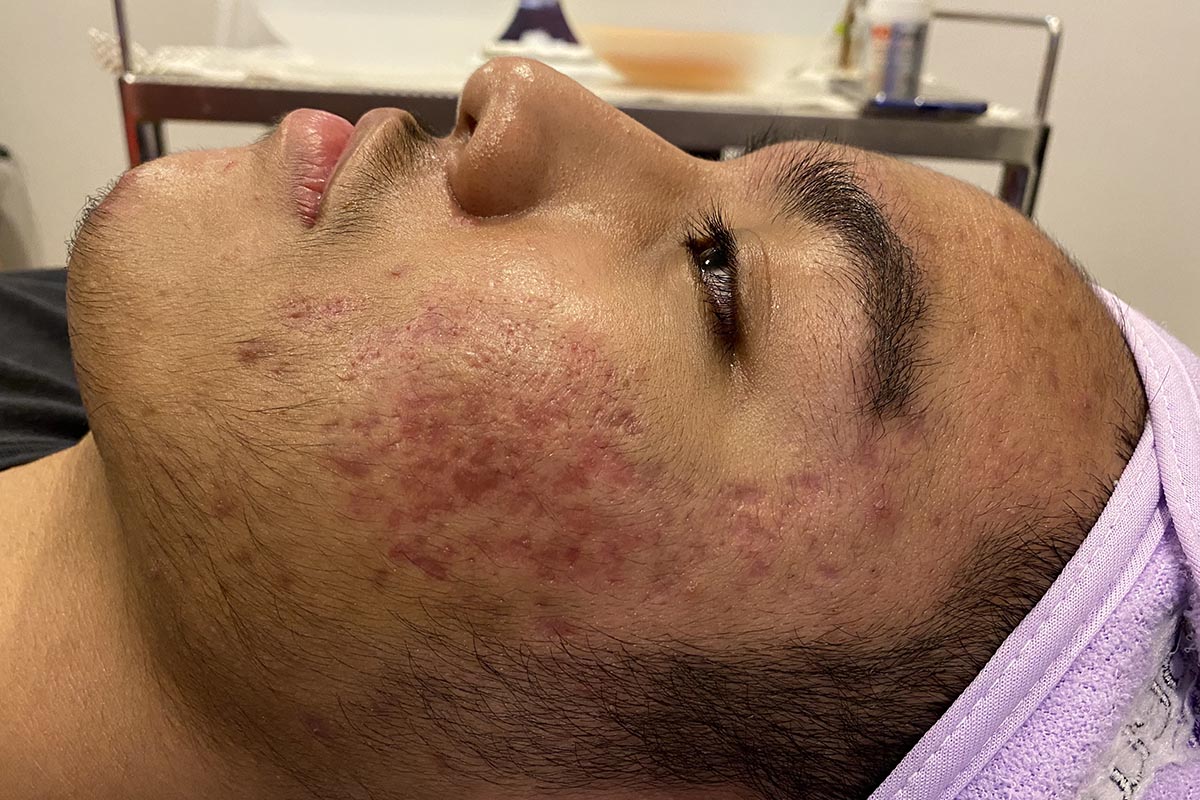
Fractional CO2 lasers are suitable for injury scars, dark spots, stretch marks, sun damage, boxcar scars and rolling scars. The name comes from the fact that these lasers shatter the laser energy into hundreds of minute beams that cover only a fraction of the skin. This causes less damage and reduces downtime significantly.
There are two types: ablative laser and non-ablative laser. The main difference is in the depth of action they provide. While an ablative laser affects the top skin layer, a non-ablative laser focuses more on the tissue underneath, bypassing the skin surface. It also revs up collagen production, an important aspect of soft, supple skin tissue. The treatment should be carried out by a certified skin doctor and the results vary from person to person.
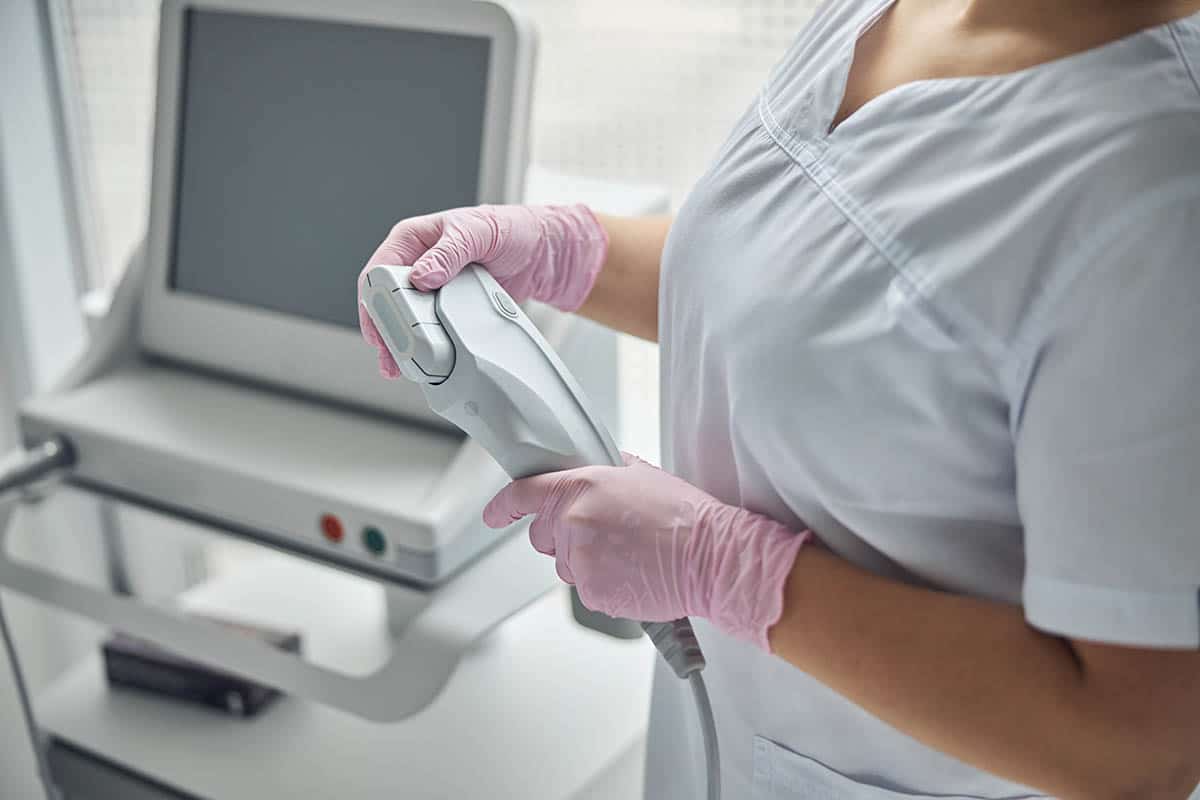
PDL treatment is designed to act on facial redness by hitting excess blood vessels and constricting blood flow (in a good way). It also softens scars by getting the body to induce extra collagen growth. The word dye in the name comes from the fact that there is an actual organic dye involved which serves to cause a laser-like effect. On that note, the device should be operated by a skin doctor.
Intense pulsed light therapy (IPL) can penetrate deeper than PDL treatments but at the same time, it doesn’t damage the skin. This is too a non-ablative type of treatment that is similar to lasers but that employs multiple wavelengths as opposed to just one. It is used for all skin types and it also works as an acne treatment. Inflammation is reduced because of the constricted blood vessels. That being said, the results are determined based on the severity of the acne scar tissue. In addition to the other effects, IPL treatment could even out skin tone.
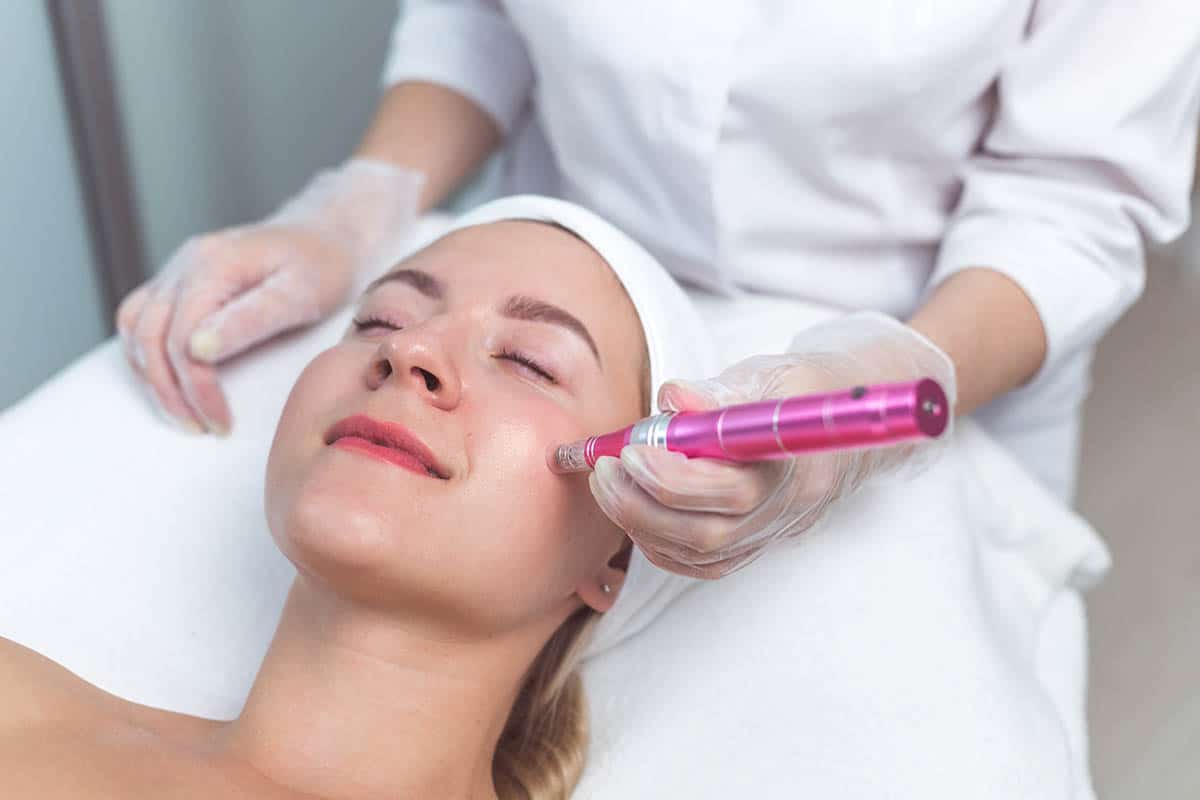
Two separate treatments combined into one. It tends to rebuild collagen and tighten the pores. As a whole, it strives to create a normal skin structure. The good thing is it goes past the epidermal layer (the top skin layer), leaving it intact. This treatment should be performed by a medical practitioner.
The side effects of laser treatment vary in intensity depending on your skin type, as well as laser type and settings. In most cases, they include swelling, redness that lasts for a couple of days after the procedure, and pain in the affected area that goes away in an hour or two.
Fractionated lasers should not be used too aggressively on the skin as they may cause scarring. The good news is that an experienced dermatologist knows how to adjust the settings just right.
To get the most out of your laser therapy for acne scarring, you will be advised to have anywhere between 3 and 5 appointments. They have to be made several weeks apart from one another so that the skin is provided some time to heal. You should receive detailed information about your journey and any side effect that may arise during the process.

Although a rare occurrence, acne scarring might re-appear on the skin surface following laser treatment. The therapy can produce permanent results but there are individual factors that make some people more predisposed to experiencing this unpleasant outcome.
In the first place, it depends on the type of acne scar tissue. Take for instance keloids. They tend to bounce back on the face after a certain time. Second, it is very much down to the body’s natural powers and how well the skin heals. And that’s strictly individual. This is why not everyone makes a good candidate for laser treatment.
Last but not least, scar depth and severity is also a factor. It probably won’t come as a surprise that extensive scarring is more challenging to tackle and may never go away completely.
All these things should be added to the equation beforehand so that you know what to expect from the laser procedures and where your money goes. Setting the right expectations is half the work. For that to happen, you need to get your hands on the best information.
Laser treatments for acne scars can cause temporary skin decolouration in the targeted area but it goes back to normal after a while. It is more accurate to say that a laser treatment minimises the appearance of acne scars and kicks off collagen production. The effects materialise several months following the last appointment and will be influenced by the severity of acne scars in the skin.
Don’t go thinking things are as simple as signing up for an appointment. There is some prep work involved and some aftercare is required to make the treatment effective.
People have different experiences with laser treatments. There are not many big studies on patient satisfaction with laser skin resurfacing but the majority of findings claim more than 90% effectiveness of said treatment. Some research on fractional lasers reported that they work best for boxcar scars and rolling scars but they are less effective for pitted scars. This should be put into consideration before any treatment plan is rolled out.
Another important clarification to make is that laser treatment is ideal for scarring that can be extended with the fingers. This leaves some room for poor effects. All in all, patients should expect around 50% to 80% improvement in their appearance (and therefore their self-esteem) but not 100% removal of their acne scars.
Although laser treatment is a great way to address whatever skin concern is torturing you, it is not a magic cure and you should have all the information laid out for you before you make any big decisions.
Also note that your skincare routine remains a vital component of your everyday life, pre- and post-laser treatment. As a whole, it is important to listen closely to what your dermatologist is advising for and against because this will be the difference between excellent results and a poor outcome.
Feel free to contact us if you have any questions regarding acne or our acne scar removal procedures.
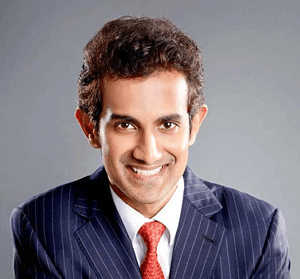
Dr. Shenthilkumar Naidu (Dr. Shens) is a Ministry of Health accredited Consultatn Plastic Surgeon with extensive expertise in cosmetic and reconstructive surgery. He is renowned for his advanced techniques in body contouring and aesthetic enhancements. For more information, visit Shens Clinic.
Monday – Friday: 09:00am – 06:00pm
Saturday: 09:00am – 02:00pm
Sun and PH: Closed
(Strictly by appointment only)
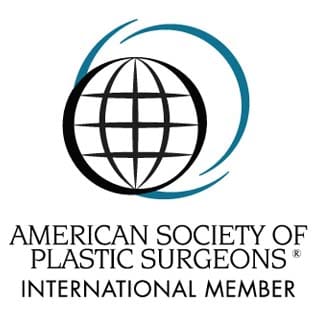
Copyright ⓒ Shens Clinic | Privacy Policy | Terms and Conditions .